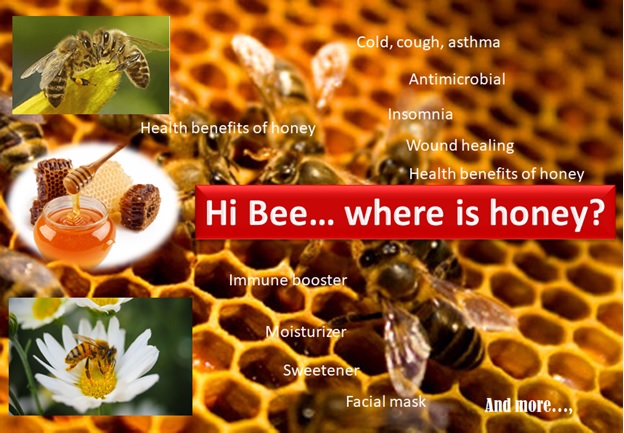
Honey and its benefits
Honey bee population is under great threat. We lost many species of honey bees due to our acts. If we do not take action now, we may regret soon as disappearance of bees can have negative impact on human population too! It is going to be difficult to survive and humans might not get the food that is essential for living on this earth!! It is time to understand the value of honey bee and IT’s honey to preserve these unique species on earth.
There are over 300 types of honey and different honeys are useful for various health issues. Alfalfa a popular honey is good for cardio issues, Eucalyptus for respiration and rare Manuka honey is good for stomach issues.
Honey has several health benefits. Reason for honey’s superior character is because of the way it is produced. Bees are the unique insects that produce honey.
Without bees many plant pollination and reproduction cannot happen on earth. To make one pound of honey it takes approximately 60,000 bees traveling to get nectar from 2 million flowers. It is around 55,000 miles!
Honey bees are hardworking insects. They work in team to make honey. Bees are fascinating flying machine. They can carry load of nectar or pollen equal to her own weight.
Did you know honey bees have an extra stomach to store the nectar? Bees need two kinds of food – nectar and pollens. Many bees collect either pollen or nectar. As female bee sucks the nectar from flower it is stored in nectar stomach. They ingest on pollen, which is their favorite food and in the extra stomach they gather nectar and mixes with enzymes to regurgitated into another bee’s mouth – honey making bees in the hive.
Honey is placed in storage cells and capped with beeswax. This arrangement will help the newly hatched baby bees. Pollen with nectar makes bee bread to feed hatched larvae.
What makes honey special? Why it is in use from centuries?
Honey and Sugar: What is the difference?
** Honey is not recommended for infants and pregnant women.
After knowing and getting all these benefits it is time to grow bee friendly plants and reduce pollution to preserve these beautiful creation.. don’t you think so?
References:
Images: Pinterest, Pixabay (Free for commercial uses)
Author: Sumana Rao | Posted on: April 7, 2021


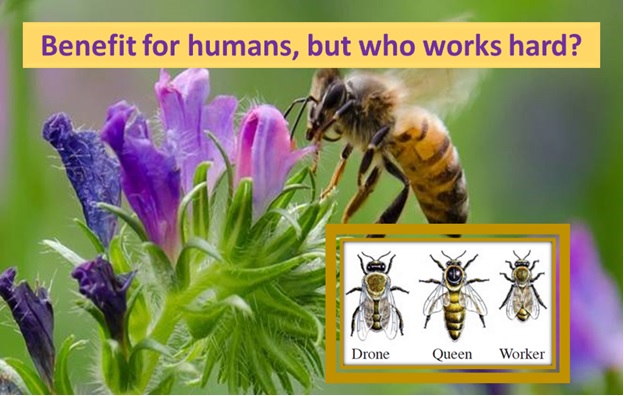
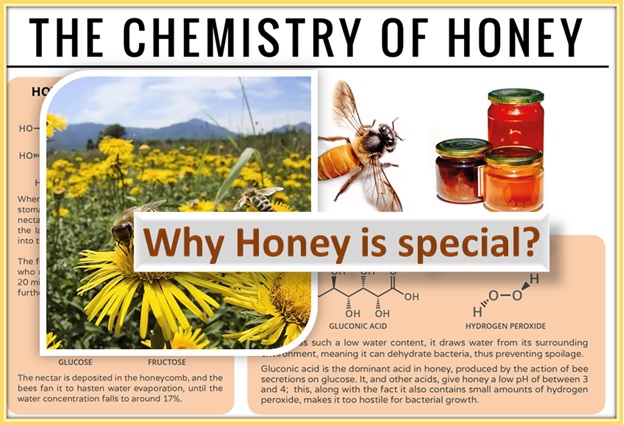
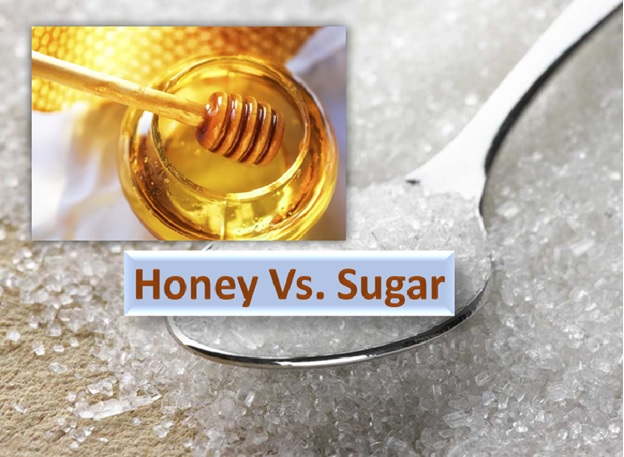
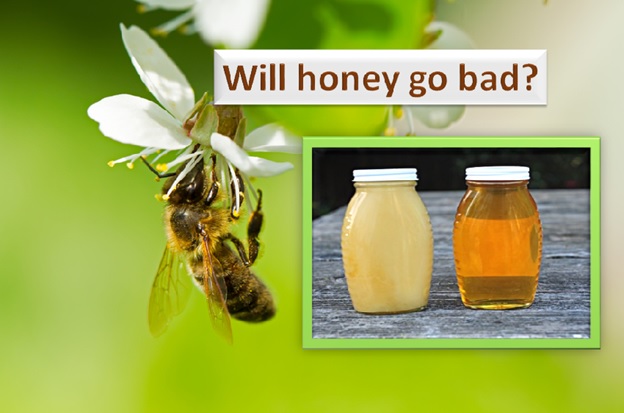
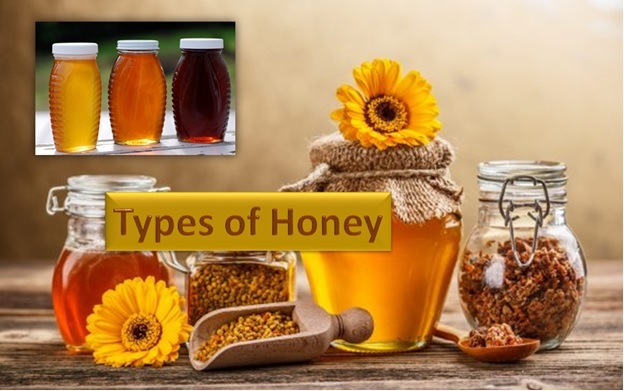
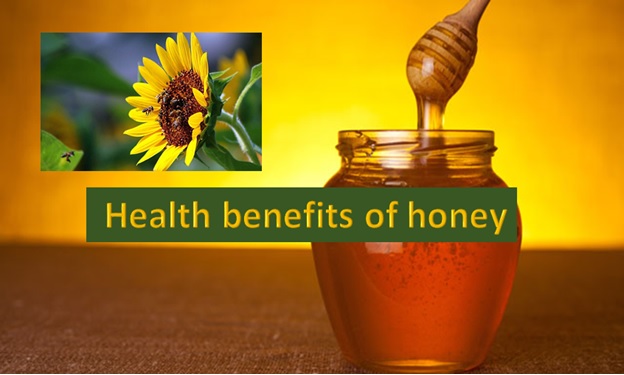
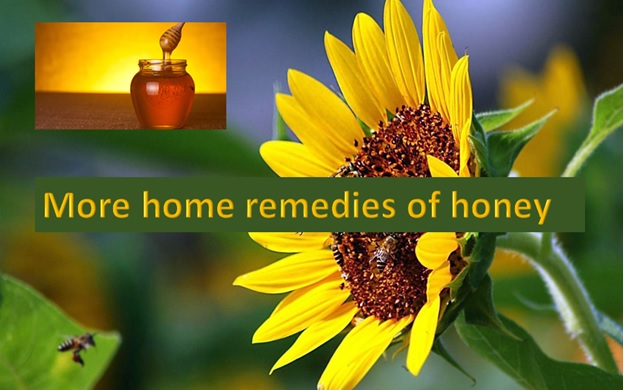




















Write a comment